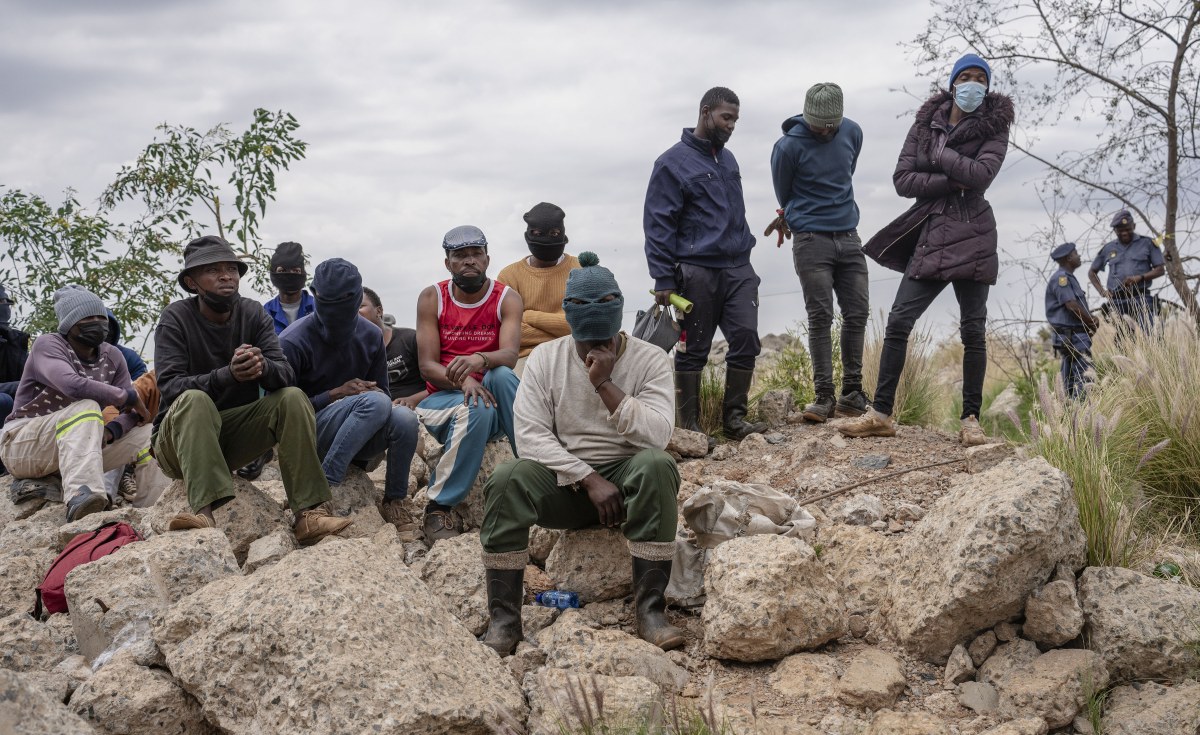Using drones and photogrammetry, Namibia Flying Labs captured high-resolution aerial data of Brendan Simbwaye’s A Informal Settlement, located in Windhoek.
Flying Labs Namibia is currently assisting Deutsche Gesellschaft für Internationale Zusammenarbeit (GIZ) GmbH with an initiative aimed at addressing the complex challenges of urbanization in Namibia: the “Inclusive and Sustainable Urban Development” (ISUD) project.
The project ISUD, aims to improve the living and housing conditions for the residents of informal settlements, developing them into livable neighborhoods. The objectives include engaging the communities in settlement planning, ensuring land rights, and implementing measures that benefit the neighborhood as a whole.
Flying Labs Namibia In collaboration with Pix4D, a market leader in photogrammetry software technology. Whose products enable you to digitize reality and measure from images taken from planes, drones, phones, or any other camera, used a Pix4D and photogrammetry for this project.
A key aspect of the project Flying Lab says is to improve urban planning and enable informal communities to secure land tenure and access improved infrastructure; which is where drone mapping comes into play.
With the help of the City of Windhoek, A poster relaying the same information was also created and distributed to community members on the drone exercise. A rigorous risk assessment along with a solid risk control plan which required the relevant and necessary approvals was done– this whole process took about 8 months.
They captured comprehensive aerial imagery, to generate an informative orthomosaic map; used for sustainable development, planning, and addressing informal settlement challenges. It also allowed the City of Windhoek (CoW) to make informed choices for the project, by providing them with accurate and up-to-date information on the settlement’s spatial layout, and infrastructure.
“Evolution favours eyes that perceive the world in 3D”, Christoph Strecha, Founder and Chief Executive iff Pix4DA is quoted on their website. “We believe that image-based techniques will give intelligent eyes to robotics of the future.”
Namibia Flying Labs is a knowledge hub that focuses on solving community challenges and needs through technology and drones for good, to shift power to locals.
Using drones turned out to be critical for the project, providing up-to-date socio-economic and spatial data.
Namibia has seen an increase in informal settlements as the country transitions towards urbanization. This shift has brought challenges such as the need for infrastructure development, improved governance, and expanded housing opportunities. To address these issues, an ambitious project has been launched to assist Namibia’s transition towards sustainable city living.
Some of the mapping challenges encountered were that they had to get consent to fly in the capital city and on top of that, in the vicinity of an airport. Community engagement was key in resolving this issue. Namibia Flying Labs spoke to the community leaders together with representatives from GIZ.










